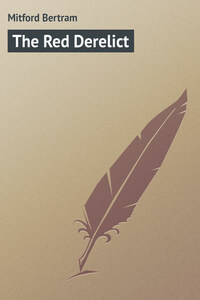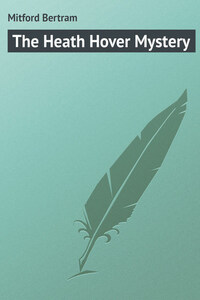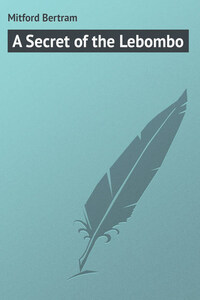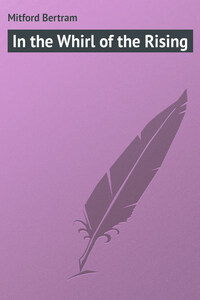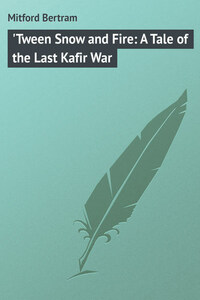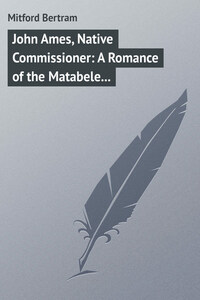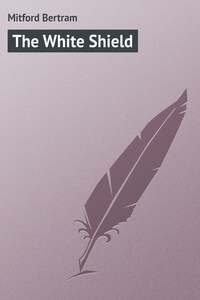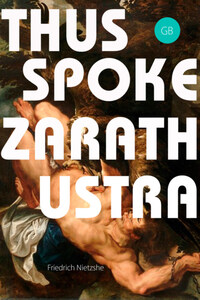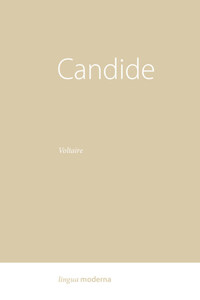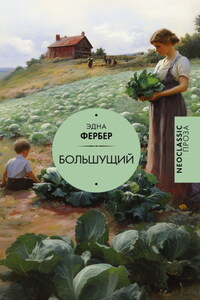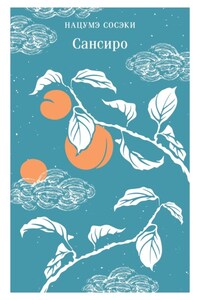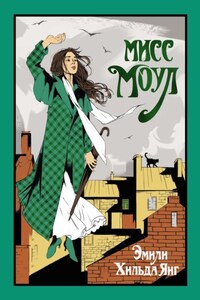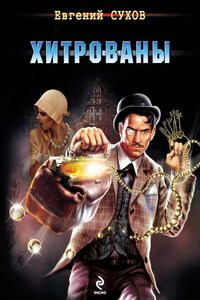Chapter One.
The Episode of the Brindled Gnu
“Mine!”
The word was breathed rather than uttered, and its intonation conveyed a sense of the most perfect, even ecstatic, contentment. The vivid green of early summer woods piled as it were in great cloud masses to the clear, unbroken blue, rolling up from the sheen and glory of golden seas of buttercups which flooded every rich meadow surface. Hawthorn hedges distilled their sweetness from snowy clusters crowding each other in their profusion, a busy working ground for myriad bees whose murmur made music in low waves of tone upon the sweet evening glow. And yonder, behind him who is contemplating all this, the slant of the westering sun touches the tall chimney stalks of the old house, just visible among masses of feathery elms loud with cawing clamour from black armies of homing rooks. Again the glance swept round upon this wealth of English summer loveliness and again the uttered thought, with all its original exaltation, escaped the lips.
“Mine!”
Wagram Gerard Wagram strolled leisurely on, drinking in the golden glory of the surroundings as though suffering it to saturate his whole being. As for the second time he half-unconsciously enunciated that single possessive it was with almost a misgiving, an uncomfortable stirring as of unreality. Would he awaken directly, as he had more than once awakened before, to find this vision of Paradise, as it were, dispelled in the cold and sunless grey of a mere existence, blank alike of aim or prospect – illusions dead, life all behind, in front – nothing?
With these conditions he was well acquainted – only too well. The seamy side of life had indeed been his – failure, straitened means, disappointment in every form, and worse. Years of bitter and heart-wearing experiences had planted the iron in his soul – but this was all over now, never to return. To him, suddenly, startling in its unexpectedness, had come the change, and with it, peace.
A perfect chorus of bird harmony filled the air. Thrushes innumerable poured forth their song, whose sweet and liquid notes gurgled upon the ear as though through organ pipes. Robins, too, and blackbirds were not slow to join in, and then the soft amorous coo of wood-pigeons, and through all – thrown as it were from copse to copse – the blithe and gladsome shout of answering cuckoos.
Wagram opened a gate noiselessly, and with equally noiseless tread moved along one of the “rides” of a wood. On his shoulder was a rabbit rifle – one of some power and driving capacity – with which he was wont to practise long shots at outlying but uncommonly suspicious and wideawake Bunny. Things rustled in the undergrowth and brambles on either side, as though stealthily creeping away. A slight stirring of the grass caught his eye, and, as he bent over it, an adder contracted itself into a letter S, with its heart-shaped head somewhat lifted, alert, defensive. He raised the rifle so as to bring down the butt upon the snake – then seemed to think better of it.
“Poor little brute. The chances are ten thousand to one against it ever damaging anybody in a place like this, and those chances it can have the benefit of.”
He touched it with the muzzle of the gun, amused by the impotent wrath wherewith the small reptile struck at the cold iron. Then he went on his way.
He reached a gate and peered over. Two or three rabbits were out feeding, but they darted like lightning into cover before he had time so much as to raise the piece. Passing out of the gate he crossed the open meadow.
In front a gleam of water, and beyond it the skipping forms of young lambs, whose shrill bleat harmonised with the multitudinous bird voices, and the green loveliness of the picture. Leaning lazily on the parapet of an old stone bridge which spanned the river, Wagram watched the ripple here and there of a rising trout, or the perky flirtings of a pair of water-ouzels, whose nest clung, excrescence-like, against one of the stone piers. Away down stream the roof of a picturesque old mill, its wheel for the nonce still and silent, and beyond, pointing above more woods, the spire of a distant church.
Again that well-nigh ecstatic sense of possession – of ownership – came over him, and now, giving himself up to it, he fairly revelled in it. The utter solitude of the spot constituted, in his eyes, one of its greatest charms. He could wander at will without meeting a human being, and though here the bridge carried on a public thoroughfare it was a lonely road at any time. But one side of such solitude was that thoughts of the past would arise, would obtrude, and such he steadily put from him. For he hated the past. Not one day of it would he willingly live over again – to no single incident of it would he willingly let his mind revert. It was a very nightmare.
Leaving the bridge he strolled up the tree-shaded road intending to return home. But no chances did he get of practising marksmanship, for the rabbits seemed unaccountably shy. Ah – at last. There was one. Nearly a hundred yards’ range, too. Yes, it would do.
